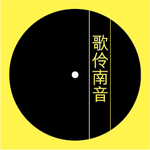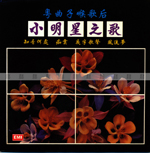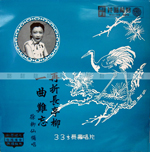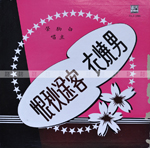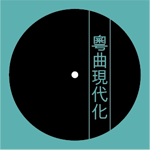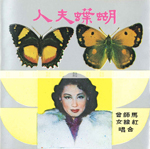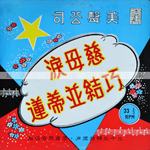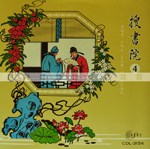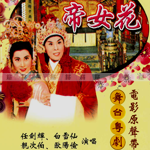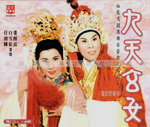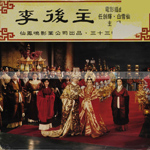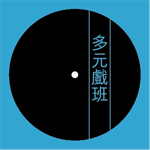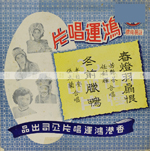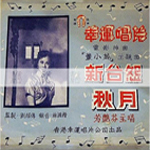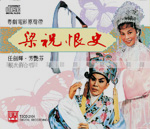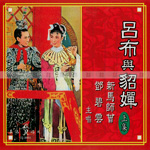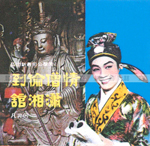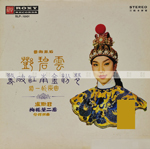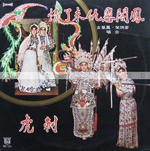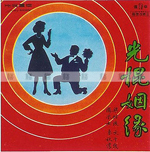Since the early twentieth century, Hong Kong has always been an important venue for Cantonese opera development. After 1949, as a result of political turmoil in the Mainland, performers and troupes converged and resettled in the territory, leading to a tremendous prospering of Cantonese opera in the subsequent decade. This development is linked intimately with the rise of the electronic media.
Performers and troupes began to grasp the possibilities offered by film and radio to re-examine age-old performance practices with regard to acting, singing, script writing, instrumentation, and stage set-up. They brought in novel elements from the theatre and movie world, and participated in the production of films and records. With these acts, they are extending the movement to modernize Cantonese opera that began in the 1930s.
Wong Jum-sum was thoroughly immersed in the world of Cantonese opera from young. Through his close encounter with master performers like Hung Sin-nui, Ma Si-tsang, Yam Kim-fai, Pak Suet-sin and Tong Dik-sang, he witnessed first hand the modernization of Cantonese opera, and was mightily moved by the adventure and passion he saw.
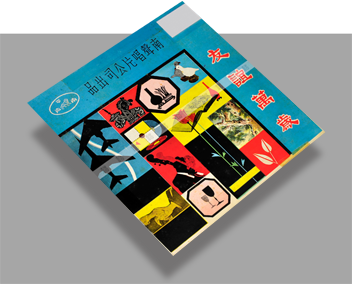
The first song lyrics Wong Jim ever wrote. It was 1960. The song, sung in Mandarin, was produced by Lui Hung, one of the renowned Canto pop singers of the time. An ironic and interesting time indeed.

原作:蘇格蘭民歌 (Auld Lang Syne)
作詞:黃霑
主唱:呂紅、陳均能
良朋摯友 一旦分離
問何時再重聚
當初共祝 友誼萬歲
約誓永遠相隨
此際相看 別離愁緒
執手心如醉
念君此去 經年隔千里
未語先流淚
親愛離開 不能相隨
難免黯然墮淚
且強歡笑 舉杯共醉
收拾別情離緒
沒有今朝 分離痛苦
那有將來歡聚
為了重逢 快樂相聚
高唱友誼萬歲
